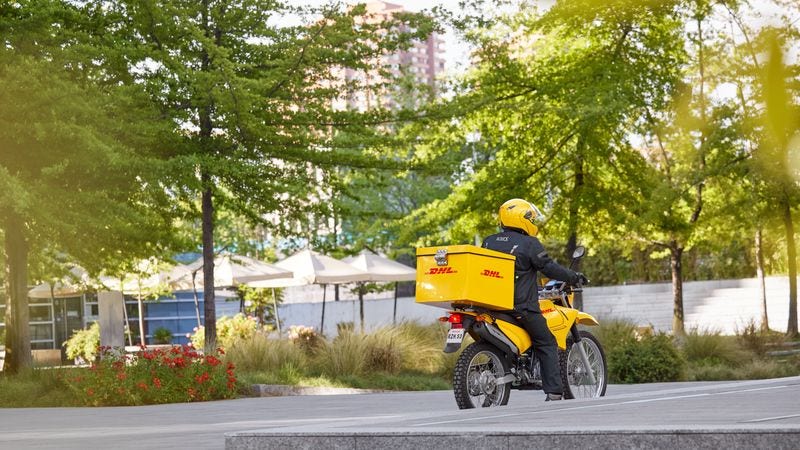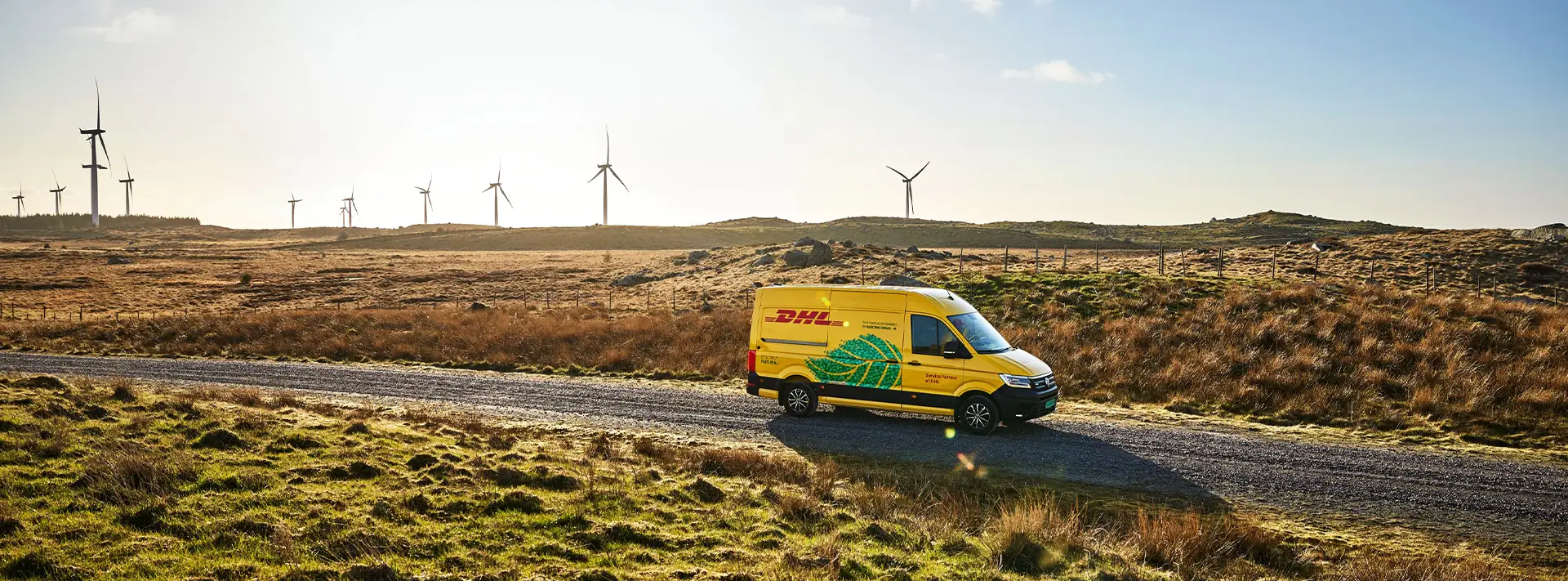
The demand for sustainable tourism experiences is on the rise, as evidenced by the 2023 Sustainable Travel Report, which indicates that approximately 76% of travellers from a global survey of over 33,000 respondents intend to travel sustainably in the coming year. In Cambodia, where natural and cultural heritage forms the backbone of the tourism sector, businesses play a critical role in fostering environmental and social responsibility. This blog explores four sustainable tourism practices and their benefits, providing actionable guidance for hotels, tour operators, and attractions across the Kingdom to grow the hospitality industry responsibly.
1. Implementing eco-friendly initiatives
Adopting eco-friendly practices is crucial for businesses aiming to contribute positively to Cambodia's tourism landscape, mainly because a vast majority of consumers — nine in 10 — actively seek sustainable options when travelling. This includes favouring environmentally friendly transportation options, with 43% making this a priority, and choosing accommodations known for reducing their environmental impact, a preference for 40% of travellers. As such, essential areas of focus include:
- Developing energy-efficient infrastructure: Implementing advanced building techniques and materials that minimise energy consumption. This includes the use of LED lighting, energy-efficient HVAC systems, and smart building technologies that optimise energy use.
- Enhancing waste reduction methods: Establishing comprehensive recycling programmes, reducing single-use plastics, and managing food waste effectively. Businesses can partner with local waste management services to ensure proper recycling and composting practices are in place.
- Improving water conservation techniques: Installing low-flow faucets and showerheads, implementing water recycling systems, and using drought-resistant landscaping to reduce water usage. Educating staff and guests about water conservation can further amplify the impact of these measures.
- Integrating renewable energy sources: Adopting solar panels, wind turbines, or biomass energy systems to power operations sustainably. This shift not only reduces dependency on fossil fuels but also aligns with global environmental goals.
These initiatives are necessary for reducing environmental footprints and establishing businesses as leaders in sustainable development within the hospitality industry. By prioritising these practices, companies can meet the growing demand for sustainable tourism and help preserve Cambodia’s natural resources for future generations.
2. Supporting local communities
Community-based tourism initiatives in Cambodia empower local populations by preserving cultural heritage and creating substantial economic opportunities. Managed and run by the community members themselves, these initiatives ensure that tourism benefits are shared among all community members rather than being siphoned off by external entities. For example, community-based eco-tourism destinations like Ang Trapeang Thmor and Chi Phat exemplify how local communities directly manage tourism to benefit cultural preservation and community welfare.
Hotels and tour operators can significantly contribute to these initiatives by engaging with local artisans and offering guests authentic local experiences. By incorporating local crafts into their amenities, promoting cultural tours, and sourcing goods and services locally, they support indigenous cultures and contribute directly to community development. This approach not only enhances their service offerings but also helps ensure that Cambodia's tourism development remains sustainable, equitable, and culturally enriching.
3. Promoting responsible tourism education
Educating travellers about what responsible tourism practices entail is vital for safeguarding the cultural and environmental integrity of destinations. To this end, businesses in the hospitality industry can implement comprehensive educational programmes and participate in sustainable tourism campaigns. Pursuing eco-tourism certifications is another effective strategy that reinforces the importance of environmentally and culturally respectful travel behaviours, demonstrating how it can enhance the overall tourism experience.
Such educational initiatives play a crucial role in raising awareness among tourists about the significance of their actions. For instance, hotels can offer workshops or informational materials that highlight local customs and environmental challenges, fostering a deeper appreciation and understanding among visitors. Additionally, sustainable tourism campaigns, often supported by certifications, help ensure that travel practices contribute positively to the regions visited, aligning with global sustainability goals.
By promoting responsible travel education, businesses can cultivate a traveller base that is not only aware but also actively engaged in supporting sustainable practices. This encourages tourists to make choices that respect local cultures and environments, contributing to the 46% of tourists who visit local cultural or historical sites and the 42% who purchase from local cultures, communities, or minority groups. These interactions enhance the overall quality of the tourism experience in Cambodia, fostering a deeper connection and appreciation for the Kingdom’s unique offerings.
4. Collaboration for sustainable development
Sustainable development within Cambodia's tourism sector hinges on effective collaboration. Engaging government agencies, non-profits, private sector stakeholders, and tourism industry associations can foster unified support for sustainable practices.
For example, partnerships between the Cambodian Ministry of Tourism and local hotel associations help set sustainability standards for water conservation, waste management, and energy efficiency across hotels and resorts.
Collaborations with environmental non-profits like Conservation International aid in developing eco-tourism initiatives that support wildlife preservation and habitat conservation. Community-based projects can also amplify benefits to local populations by enabling villages to offer homestay experiences or cultural tours, ensuring tourism revenues benefit local communities directly.
Sustainable tourism networks involving various stakeholders — hotels, tour operators, government bodies, and NGOs — promote best practices in environmental and cultural preservation through certification programmes that recognise businesses adhering to sustainability standards.
Additionally, educational collaborations with universities to develop training programmes in sustainable tourism practices can build a knowledgeable workforce that supports the industry's sustainability efforts.
These collaborative strategies allow businesses within Cambodia's tourism sector to contribute to sustainable development significantly, ensuring the preservation of the nation’s natural and cultural heritage while fostering inclusive economic growth.






























